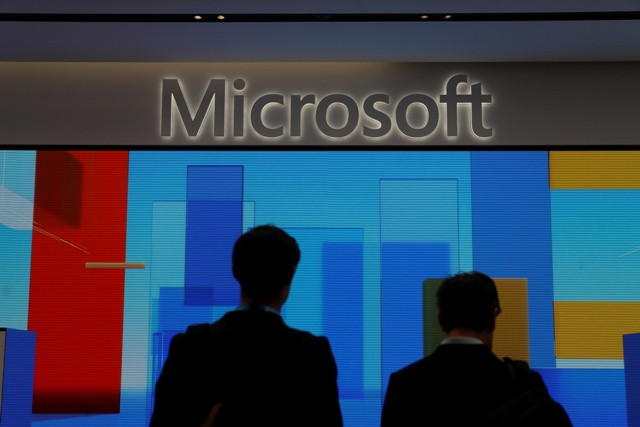Microsoft has warned, and the U.S. government has affirmed that Windows system vulnerability currently exists and could be a potential opening for cyber-attacks. The good thing is a fix is now available, and users only need to check and install the new patches.
When they do so, the security patch will plug the hole that specifically resides on some version of the Internet Explorer, which until remains bundled by default on Windows OS versions, including Windows 10. Without the patch, a system is open for possible exploits.
"An attacker who successfully exploited the vulnerability could take control of an affected system," Tech Crunch quoted the latest Microsoft security advisory as saying.
If the flaw is left unchecked, a hacker could take control of the Internet Explorer installed on a system and run malicious code on the same machine.
"A user could be stealthily infected by visiting a malicious web page or by being tricked into clicking on a link in an email," the report said.
For the reference of users, Windows 7, Windows 8.1, Windows 10, and Windows Server are affected by the vulnerability. Take note too that the flaw exists in versions 9, 10, and 11 of Internet Explorer.
One might ask how severe the problem is, the warning issued by the U.S. government should serve as the definite answer. All connected PC systems running the OS builds mentioned and with the IE versions can be infected, and make no mistake about it.
Also, Microsoft issuing an out-of-band update to fix the problem is a giveaway on the seriousness of the vulnerability. The software giant immediately launched into action because the fix has to be delivered and cannot wait for the next Patch Tuesday cycle, Digital Trends said in a related report.
If still in doubt that the emergency patch will be any help at all, CNN said the risk is greater in skipping the update. While recent security updates resulted in malfunctioning PC systems, security firm Gartner said this concern is the lesser evil.
Gartner explained that recovering from a system meltdown is nothing compared to the headaches that a malware attack could bring. It will be easier to deal with system issues than to resolve a PC hijacking.
"From a security perspective, you're much better off to stay current and stay with the latest updates," the firm told CNN.
Microsoft said immediate action on situations like this is crucial in preventing the spread of wormable vulnerabilities, which could give attackers remote access on an infected PC and other systems that belong on the same network.






